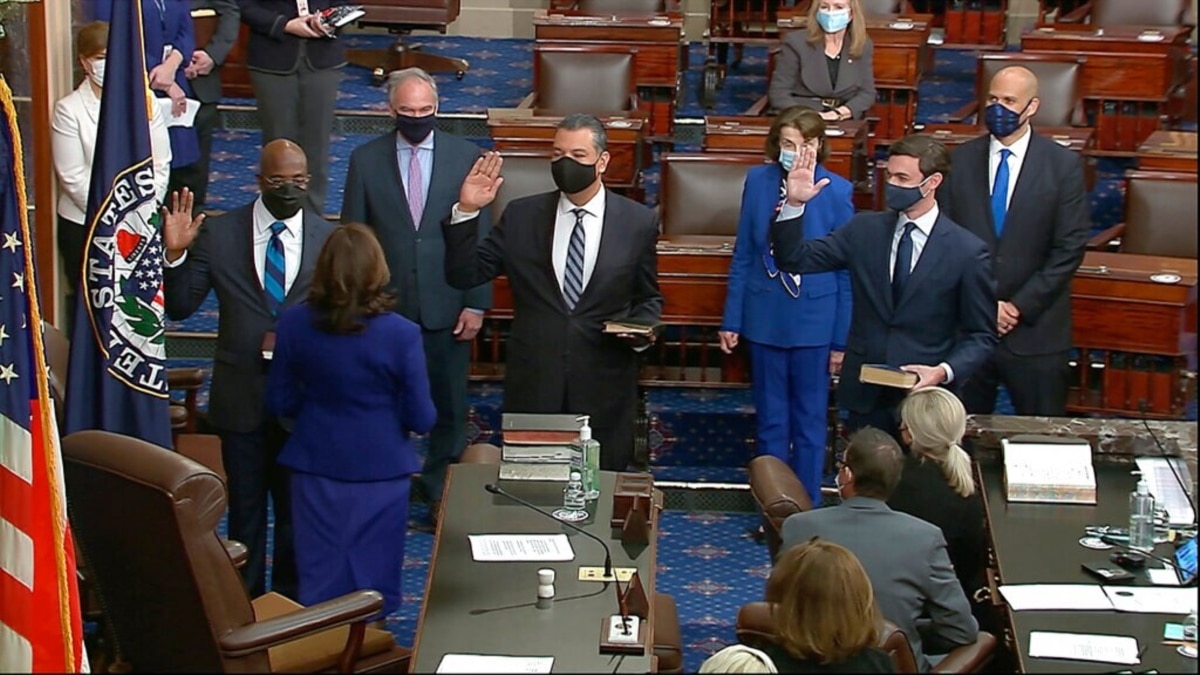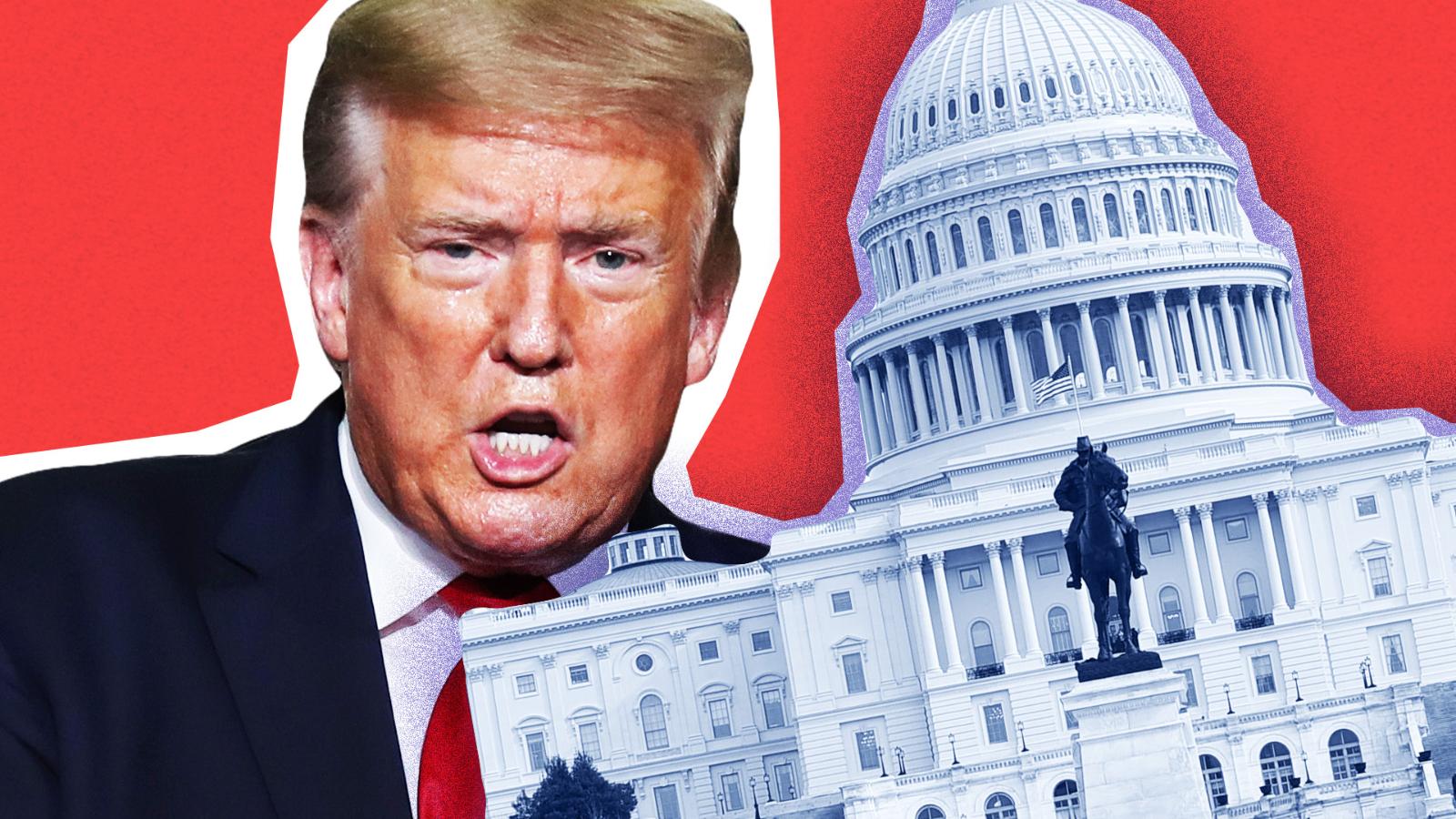

The Senate operates daily largely according to informal, or unwritten, rules established pursuant to a collection of precedents. For the most part, the Standing Rules are very general and do not address circumstances that may arise in specific parliamentary situations. Unlike their colleagues in the House, the power of the Senate’s leaders is not derived from the institution’s formal, or written, rules. There are currently forty-four Standing Rules of the Senate that govern everything from non-controversial issues like the oath of office (Rule III) and the committee referral process (Rule XXVII) to controversial issues such as the process to end debate (Rule XXII). All that’s needed is a willingness on their part to recast their relationship with the Senate’s leaders. The implication is that frustrated members can easily change how the Senate operates at any point. Rather, it is simply grounded in its past practice. This deference is not mandated by the Senate’s official rules. Put simply, party leaders are powerful because rank-and-file senators defer to them to manage the institution how they see fit. That members have been conditioned to think in this way sheds light on the paradoxical source of leader power in today’s Senate. And it suggests that rank-and-file members, despite their clear frustration with the status quo, cannot imagine the Senate working without the active involvement of their leaders. The takeaway from this is that party leaders wield more power today than at any other point in the Senate’s history.

Yet notwithstanding the mounting frustration among rank-and-file members during the tenures of both leaders, neither Reid nor McConnell saw a significant challenge to their leadership.

When asked if the Senate would consider legislation to protect special counsel Robert Mueller, McConnell responded, “I’m the one who decides what we take to the floor, that’s my responsibility as the majority leader, and we will not be having this on the floor of the Senate.” Or take Harry Reid’s, D-NV., regular habit of deciding what, if any, amendments were permitted to be offered to bills when he was majority leader. And they cultivate carefully the expectation that they are responsible for setting the Senate’s agenda and for regulating the ability of their colleagues to participate in the decision-making process by offering amendments.įor example, consider recent claims by Majority Leader Mitch McConnell, R-Ky., that he alone decides what bills get considered on the Senate floor. They play a central role both in crafting major bills and in shepherding them through the legislative process from beginning to end. The floor leaders of the Democratic and Republican parties dominate today’s Senate.


 0 kommentar(er)
0 kommentar(er)
